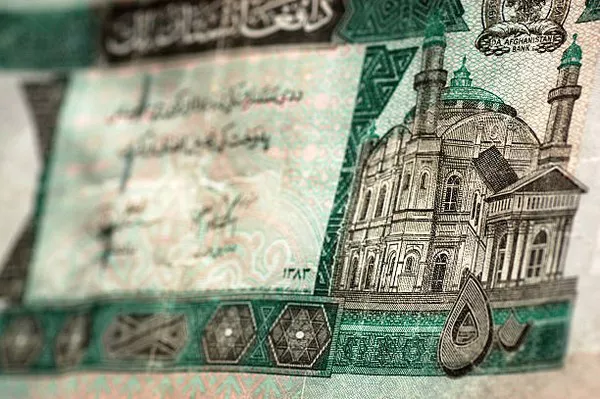In an interconnected world where global transactions occur at the speed of light, questions surrounding the legality of sending money to specific regions, especially those facing geopolitical challenges, have become increasingly relevant. Afghanistan, a country marked by its complex political and economic landscape, raises concerns and queries regarding the legality of financial transactions. This article aims to shed light on the legal aspects of sending money to Afghanistan, exploring the regulatory framework and potential challenges associated with such transactions.
The Regulatory Landscape:
Afghanistan, like many countries, has implemented regulatory measures to oversee financial transactions and combat illicit activities such as money laundering and terrorism financing. The primary regulatory body overseeing financial transactions in Afghanistan is the Da Afghanistan Bank (DAB), the central bank of the country. The DAB is responsible for formulating and implementing monetary policy, issuing currency, and regulating financial institutions.
To ensure compliance with international standards and best practices, Afghanistan has also adopted anti-money laundering (AML) and counter-terrorism financing (CTF) regulations. These regulations are designed to safeguard the financial system from abuse and to align with global efforts to combat illicit financial activities.
Challenges and Considerations:
Despite the existence of regulatory frameworks, several challenges may arise when sending money to Afghanistan. One notable challenge is the prevalence of informal and unregulated financial channels, commonly known as hawala. Hawala is a traditional system of transferring money without the physical movement of cash, often relying on a network of trust and brokers. While hawala itself is not illegal, its informal nature can make it challenging for regulators to monitor and control.
International financial institutions, such as banks and money transfer services, may also face hurdles due to the ongoing security concerns in Afghanistan. The country’s political instability and the ever-changing security situation can contribute to a reluctance among financial institutions to engage in transactions involving Afghanistan. This cautious approach is driven by concerns about compliance with international regulations and the potential risks associated with transactions in high-risk jurisdictions.
Compliance with Anti-Money Laundering (AML) and Counter-Terrorism Financing (CTF) Regulations:
To send money to Afghanistan legally, it is crucial to comply with AML and CTF regulations. Financial institutions and money transfer services must implement robust due diligence measures to verify the identity of individuals involved in the transactions. This includes thorough customer identification processes, monitoring of transactions for suspicious activities, and reporting any unusual transactions to relevant authorities.
Customers, whether individuals or businesses, should be prepared to provide comprehensive information about the purpose of the transaction and the source of funds. Transparency in financial transactions is key to ensuring compliance with AML and CTF regulations.
Choosing Reputable Service Providers:
Selecting a reputable and compliant service provider is paramount when sending money to Afghanistan. Established banks and licensed money transfer services with a track record of adhering to regulatory requirements provide a more secure and transparent avenue for financial transactions. It is advisable to conduct thorough research on the chosen service provider, considering factors such as their reputation, regulatory compliance, and customer reviews.
The Impact of Sanctions:
It is crucial to consider international sanctions that may impact financial transactions involving Afghanistan. Various countries and international bodies impose sanctions to address specific concerns, such as human rights violations or support for terrorism. Individuals and businesses engaging in financial transactions with Afghanistan must be aware of and comply with these sanctions to avoid legal repercussions.
Conclusion:
Sending money to Afghanistan involves navigating a complex regulatory landscape shaped by both domestic and international factors. While the regulatory framework is in place to prevent illicit activities, challenges such as informal financial channels and security concerns persist. To ensure legality and compliance, individuals and businesses must carefully choose reputable service providers, adhere to AML and CTF regulations, and stay informed about relevant international sanctions. As the geopolitical landscape continues to evolve, staying updated on regulatory changes and seeking professional advice can contribute to a smoother and legally sound financial transaction experience with Afghanistan.


